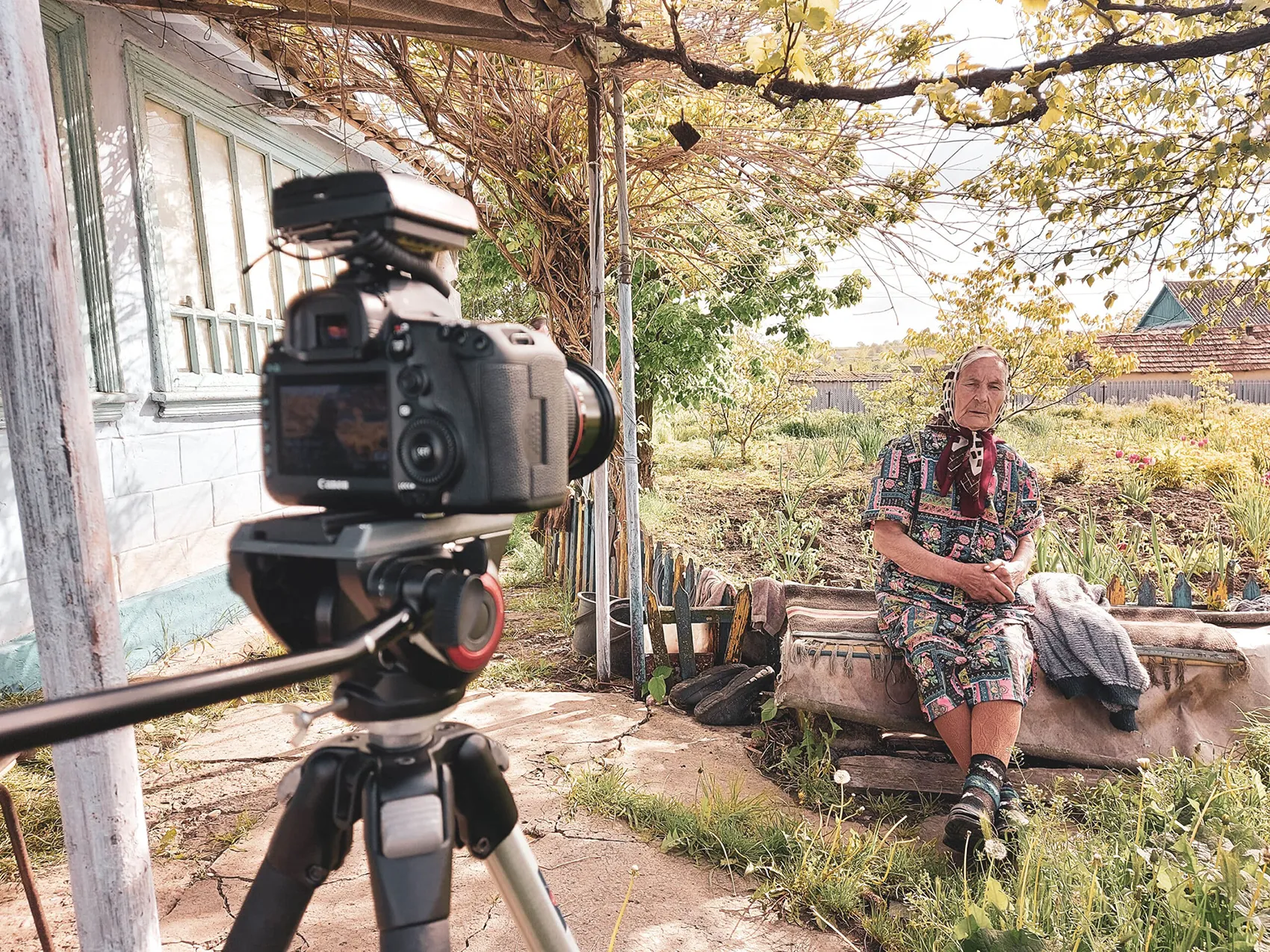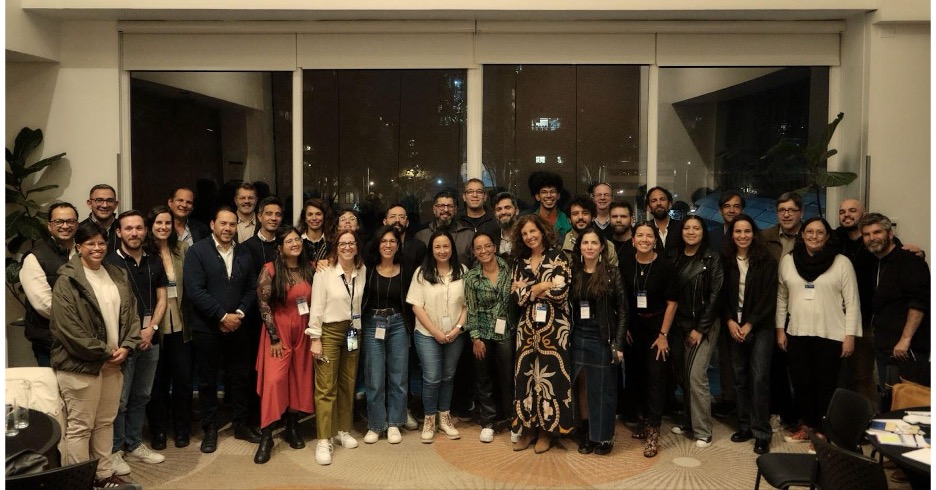
From Challenges to Innovative Solutions: Bringing IFPIM Latin American Grantees Together for Collective Learning
Press Releases
As they reflected on issues common to the region such as insecurity, an unequal ecosystem and adverse operating conditions, grantees also highlighted opportunities presented by the current crisis to create new opportunities, innovate and change. In addition to the already common sustainability problems, journalism is politically under siege in many countries in the region. There is an urgent need to strengthen protection networks, denounce attacks on journalists and media organizations, and support journalists at risk, especially those who have been forced into exile. The current regional context is also marked by the unsettling aid environment and the effect of AI in search engines, which are impacting audiences and affecting many media organizations financially. For journalists attending the event, it was a unique opportunity and the first of its kind for the International Fund, to shed light on the specific needs of the media organizations and systemic impact initiatives IFPIM supports across Latin America, focusing on sharing learnings around audience, financial sustainability, tech and collaborative work.
“It felt like an intimate yet professional gathering with admired colleagues from across the region, with whom we faced similar dilemmas”
- anonymous event survey response
Key findings from the learning sessions:
Focusing on opportunities in the midst of crisis
Latin American grantees emphasized that moments of crisis represent moments to evolve, create solutions, think creatively, and highlighted the enormous relevance of the role of journalism in strengthening democracies. For example, several groups expressed the need for a collective voice to influence digital platforms and national authorities to regulate the relationship with tech platforms and recognize the value of journalism. Grantees also highlighted the opportunity to rethink their business models and reshape the connection with their audiences, including by creating opportunities to meet offline and valuing the importance of qualitative aspects of their audience, with a contextual analysis of what their public needs at the centre.

Overcoming structural obstacles through collective action
Grantees wanted to connect, to seize the opportunity to build ideas together and were eager to keep networking within the Latin American cohort. The proposals to work together ranged from resource sharing to reduce costs (e.g. joint contracting services, consultancies), creating media consortiums with strategic subjects, republishing content across media organizations, exchanging knowledge and training journalists, forming working groups to strengthen the media ecosystem and co-create innovative solutions for a diversity of topics.

Emphasising the importance of the local perspective
Thinking, creating, and developing solutions, tools, and innovations by and for Latin American journalists, media organizations and other actors, was a recurring theme throughout the event, discussing various aspects such as the use of technologies and AI, reaching out to audiences, and institutional strengthening. It was discussed that the Latin American context and ideas from the Global Majority are and should be a better bet for the future and a guide for the organizations that make up the media ecosystem.

“One of the most valuable experiences of the event was being able to contrast and validate our hypotheses with media outlets at different stages of digital evolution, influenced by very diverse national realities”
- anonymous event survey response
Since July, this co-creation and learning space has already yielded results in numerous ways: Grantees with similar challenges or projects are identifying synergies and connecting to exchange knowledge. Some grantees have already begun to connect to share insights about membership strategies, impact tracking, and product design. Grantees were also asked for recommendations on how IFPIM can better support them, beyond financial support.
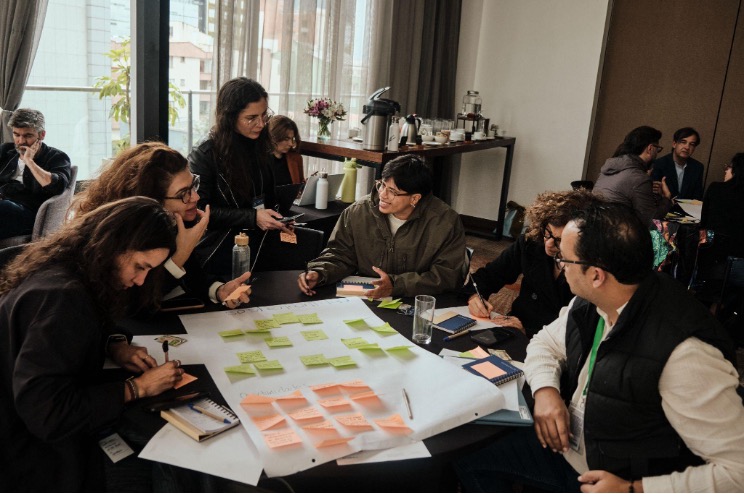
Convening the grantees a day before the Gabo Festival, which focuses on positive, forward-looking reflection on journalism, was also a success for the participants, who came prepared to collaborate and develop potential solutions to the various structural problems affecting the region.
“The experience was amazing.Thank you very much for organizing the event. It was a great opportunity to learn more about the journalism ecosystem and challenges other organizations are facing, plus connect with other grantees and with IFPIM as well. It was all extremely valuable, including the opportunity to stay for the festival.”
- anonymous event survey response
The day of activities was designed for the full Latin American cohort of grantees. Among the 24 participating organizations, three were newly onboarded grantees who signed their grant agreements three months prior. The group also included organizations that were currently half-way into their grant periods, at least four nearing completion of their grants between November and December, and three that had finalized their grant agreements in February of this year. The regional IFPIM team adopted different approaches when planning the agenda, ensuring that everyone felt included and could share their experiences, enriching the input and learnings according to each organization's stage in relation to the use of their funds.
The role of IFPIM was also recognized as a catalyst for change: its technical and financial support has allowed media outlets in adverse contexts to maintain their operations, strengthen their independence, and professionalize their processes. Throughout the event, grantees also talked about different ways in which IFPIM could play a role to connect grantees with each other and act as a facilitator of joint solutions.
The Latin American grantees were eager to connect, network and co-create the future of journalism together. IFPIM will replicate this convening for other regional cohorts given the clear impact and momentum the event generated.
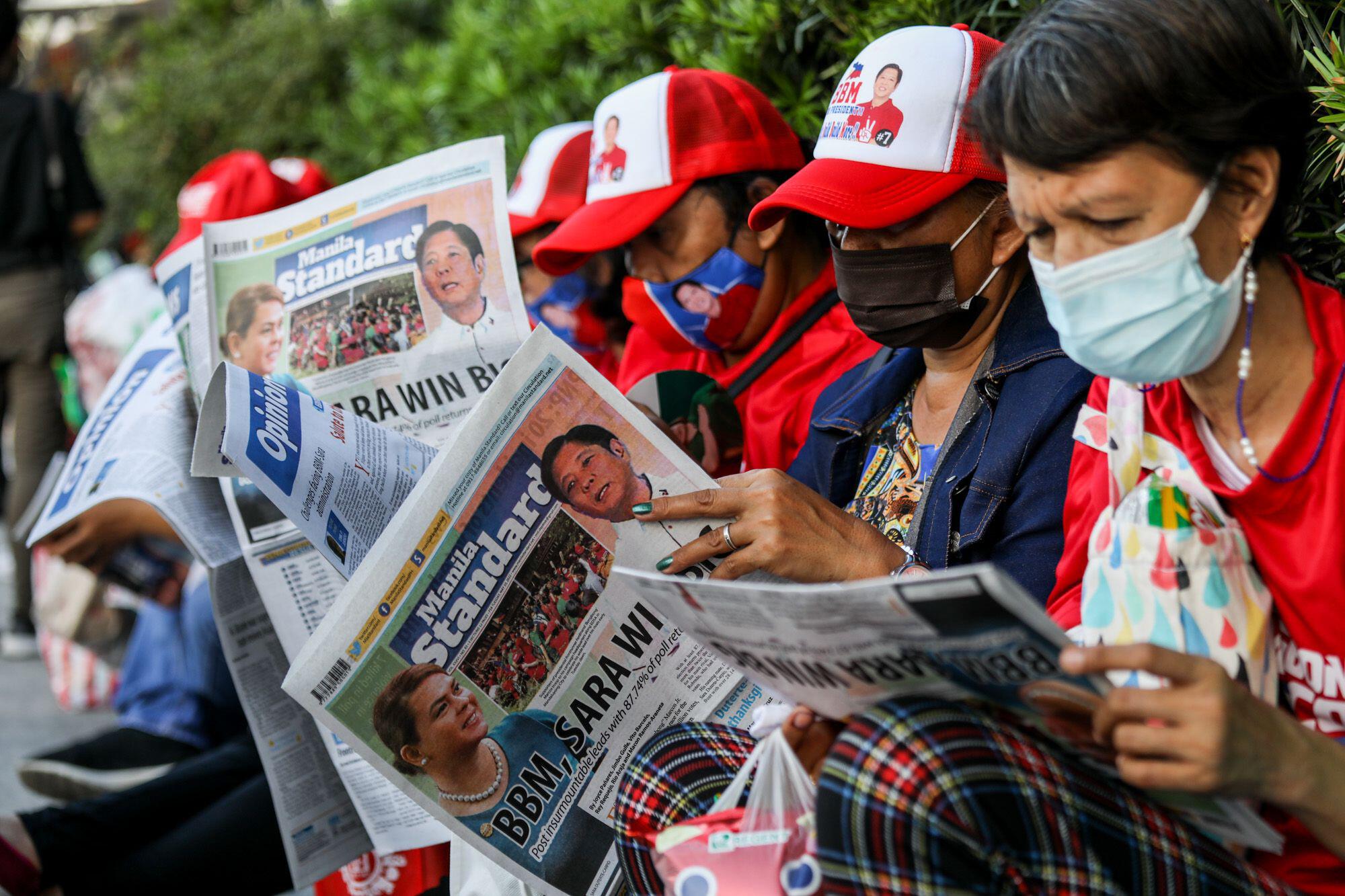


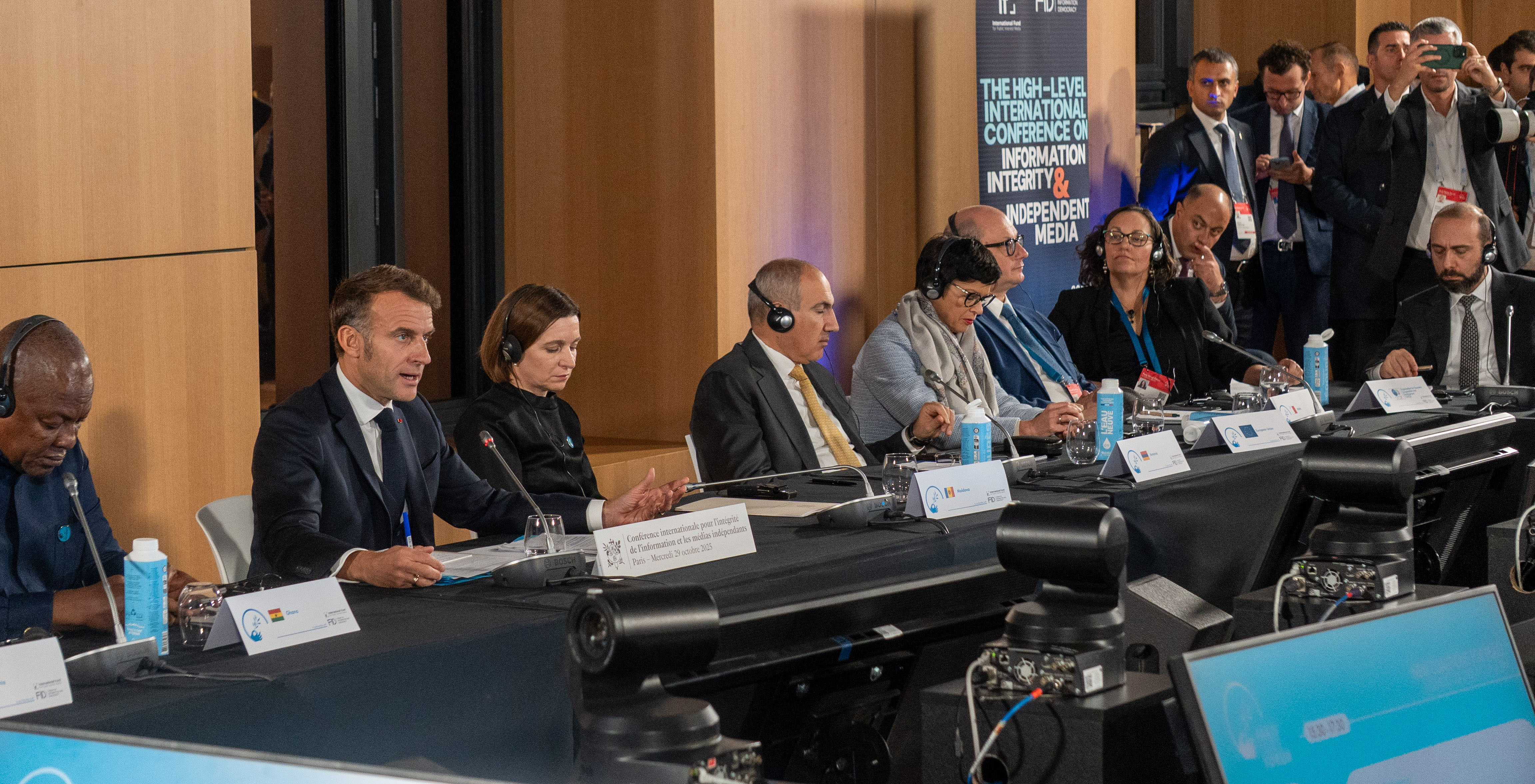
.png)
